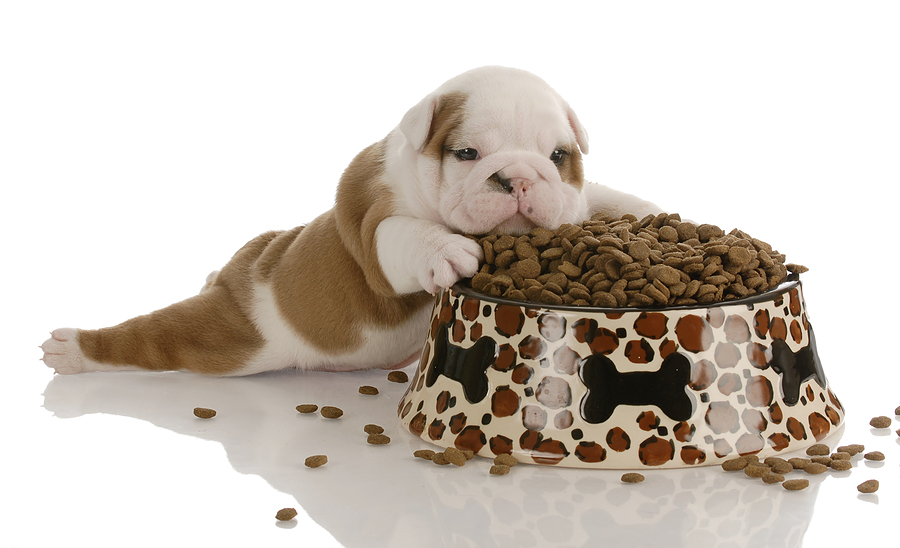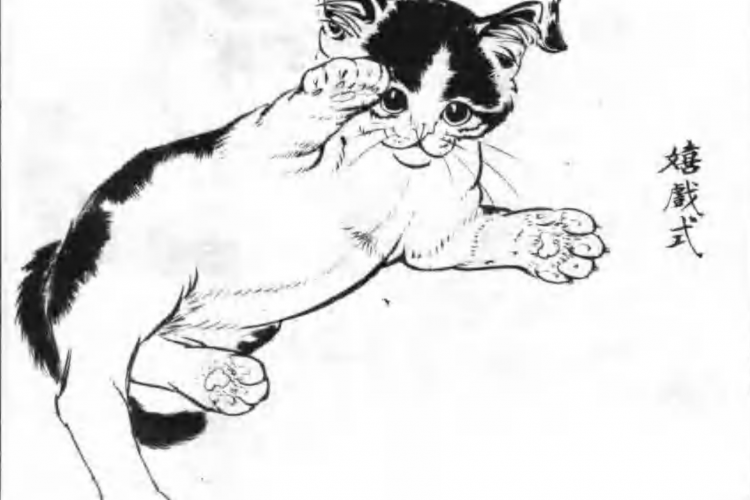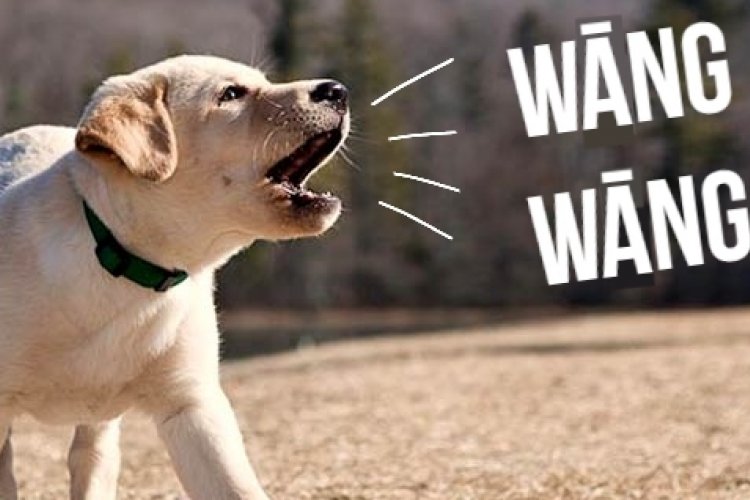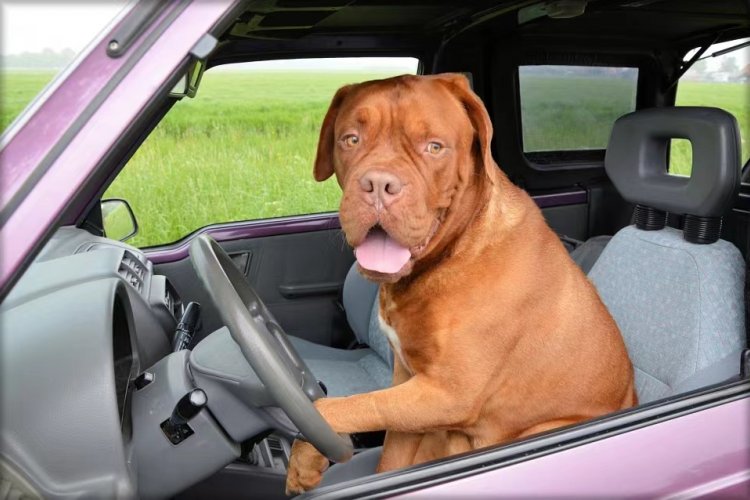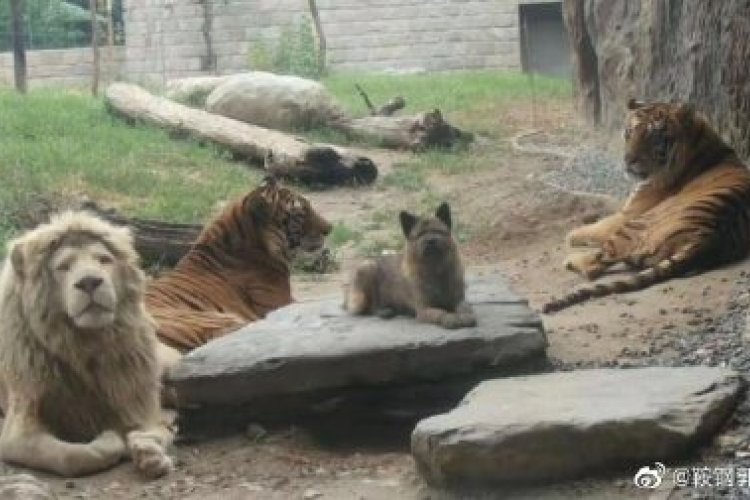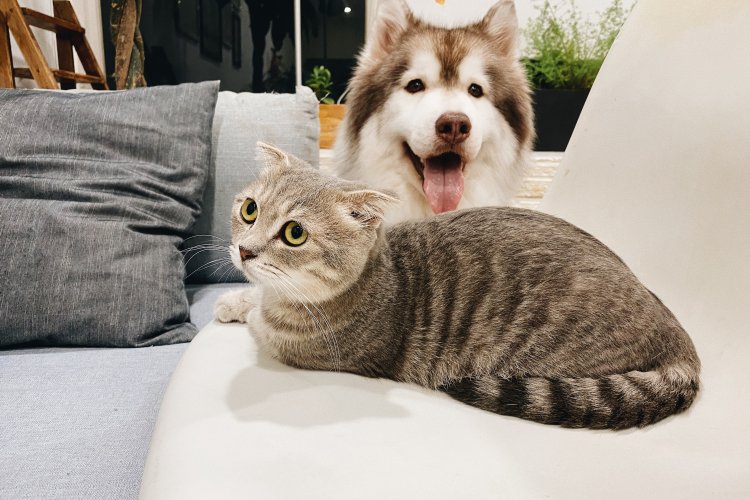Food Safety and Our Pets
Almost daily, we read in the news about the latest food safety issue, whether it is fast food made with expired meats, melamine found in our milk powder or baby cereals containing excessive levels of lead.
Food safety in China has become one of the hottest topics trending on community chat rooms and social media as it affects us all. But what we may not always think about is the safety of the foods we feed our pets. A trip to some local pet shops and even some pet hospitals may reveal a surprising array of imported brands of pet foods from North and South America, Europe and other Asian countries. What is not apparent is whether the manufacturers of these brands even know that their products are being sold in China.
Products that are legally registered and approved for sale in one country may be shipped to other countries where they are not legally approved for sale. These products are commonly known as “parallel imports,” “smuggled goods,” “grey imports,” “black market imports,” “odd-lot goods,” “bootleg goods” or in Mandarin, “shui huo,” meaning “water goods” as these products are often shipped in by boat.
What are the risks of purchasing parallel import pet foods? Parallel imports are not brought in under the approval or supervision of the manufacturers or the State Food & Drug Administration (SFDA) and the General Administration of Quality Supervision, Inspection and Quarantine (AQSIQ). There is no quality control or supervision of the distribution channels and the way these foods are stored or transported. The pet food may be contaminated or spoiled though the packaging may look fine.These breaches in safety may result in serious illness, expensive veterinary bills and even the death of your pet.
RELATED: Packing a Pooch: Holiday Travel with Pets
RELATED: Adopting Pets in Beijing: What You Should Know
RELATED: Beijing's Animal Markets and “Week Long Dogs”
Manufacturers will usually disavowany responsibility for claims of illness or other quality related issues caused by parallel imports of their own brands. On occasion, global product recalls of pet foods may occur, but unless the manufacturer knows the countries in which its products are sold, it is nearly impossible for the recall information to reach pet owners in a timely manner. Manufacturers selling legally registered products have passed SFDA and AQSIQ approval and have agreements with licensed distributors that sell to their authorized retailers. A product recall by the manufacturer should set off a chain reaction with distributors notifying the retailers who in turn notify the pet owners that may have purchased the foods.
A major pet food safety incident occurred shortly after the Olympics with several reports in the Chinese and international media that a contaminated imported brand of dog food may have been linked to the illness or death of pets in China. The Xinhua News Service reported in the Chinese press on January 14, 2009 that the General Administration of Quality Supervision, Inspection and Quarantine (AQSIQ) confirmed that the Optima brand of dog food (You Ge Gou Liang 优格狗粮) was not legally registered in China and that all products found on the market were parallel imports. It was reported that at least 20 dogs in four Chinese cities, including Beijing, died after consuming the brand because of liver complications from aflatoxin, a naturally occurring chemical from a fungus sometimes found on corn and other crops. It is worth noting that the number of pets that died as a result of eating the contaminated pet food did not represent the actual number of animals affected due to the many pet owners who may not have pursued diagnostics or treatment for their pets and were therefore, unreported.
Chinese authorities have struggled to clamp down on parallel imports and tainted products. Popular brands can be quickly counterfeited and sold with no supervision or inspection of quality. Supply chains for even genuine products can be murky, and the many small, sometimes unlicensed retail establishments and online vendors are difficult to monitor.
So what can pet owners do to minimize the risk of unsafe foods for their pets? Purchase only legally registered pet foods at reputable retailers. Ask the retailers or pet hospital if they are sourcing products from an authorized distributor. Do not purchase pet foods from street vendors and unregulated animal markets and never purchase loose pet foods sold in bulk as these are most prone to spoilage and contamination. If you are searching for a particular brand of pet food and not sure if it is legally available in China, you can search the manufacturer’s website and send an email to the company to confirm.
For pet owners wishing to prepare home-cooked foods, please consult with your veterinarian for advice on essential vitamins, minerals and amino acids in the correct balance for your pet at his or her life stage. And while raw food diets for pets may be a trend in other countries, it is probably a good practice to cook meats purchased locally for our pets as well as for ourselves.
You can follow ICVS on Weibo, Twitter and Facebook.
Mary Peng is the Co-Founder & CEO of International Center for Veterinary Services (ICVS).
Photo: dogfoodaustralia.com.au

